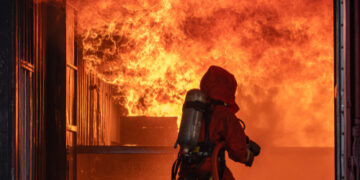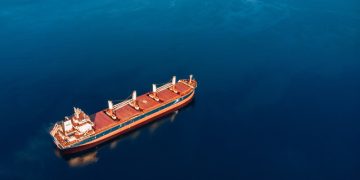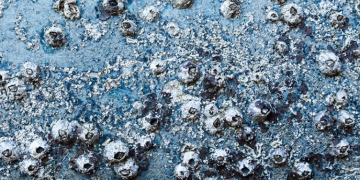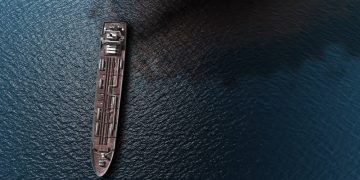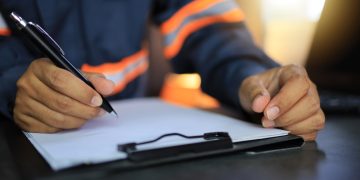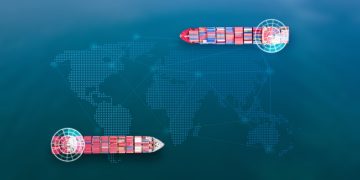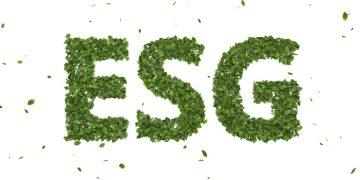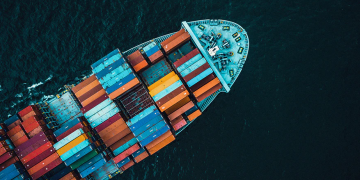Maintenance, ispection and test of Fire-Protection Systems and Appliances
On board the Bahamas- registered ships - ClassNK TEC-0864 ClassNK issues Technical Information TEC-0864 regarding Maintenance, ispection and test of Fire-Protection Systems and Appliances on board the Bahamas- registered ships as follows:The Bahamas Maritime Authority ( mentioned as "BMA") has informed ClassNK of BMA Information Bulletin No.29 "Emergency Escape Breathing Devices (EEBD)" and No. 97 Rev.1 "Fire Fighting Equipment", which are in reference to maintenance, inspection and test of Fire-Protection System and Appliances on board the Bahamas-registered ships. The essential points of the Guidelines are shown below.The previous ClassNK Technical Information No.TEC-0711 is now superseded. The requirements only are shown below. As necessary, please refer to the original text of the Guideline which is available on BMA InternetHomepage(http://www.bahamasmaritime.com).For more information, click here.Source: ClassNK
Read more





